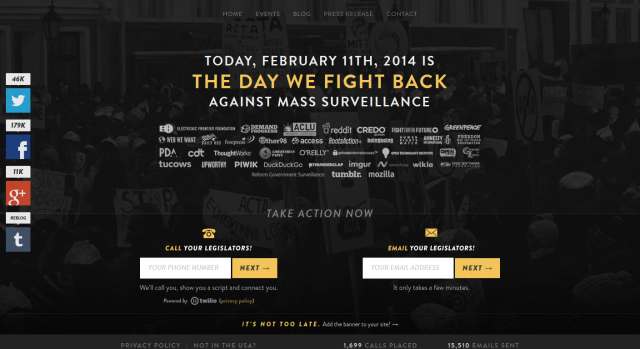On September 30, 2011, President Barack Obama authorized the assassination of Anwar al-Awlaki, a U.S. citizen by virtue of his birth in New Mexico in 1971, by an American drone in Yemen along with another U.S. citizen, Samir Khan, who grew up in New York City and Charlotte, North Carolina. Two weeks later, Awlaki’s 16-year-old son, Abdulrahman, was killed by another US strike in Yemen. Jude Kenan Mohammad, alleged to have at one stage been part of an eight-man terror cell in North Carolina, was killed by a US drone strike in Pakistan later in 2011. These assassinations made Barack Obama the first president known president to have authorized the assassination of a US citizen.
Now, as was reported by the Associated Press, Pres. Obama is trying to find a way to legally justify the assassination of another American citizen living in Pakistan. The target has been accused, without evidence, of plotting attacks against America with Al Qaeda:
The CIA drones watching him cannot strike, because he’s a US citizen and the Justice Department must build a case against him, a task it hasn’t completed.
Four US officials said the American suspected terrorist is in a country that refuses US military action on its soil and that has proved unable to go after him. And President Obama’s new policy says American suspected terrorists overseas can only be killed by the military, not the CIA, creating a policy conundrum for the White House. [..]
Under new guidelines Obama addressed in a speech last year to calm anger overseas at the extent of the US drone campaign, lethal force must only be used “to prevent or stop attacks against US persons, and even then, only when capture is not feasible and no other reasonable alternatives exist to address the threat effectively.” The target must also pose “a continuing, imminent threat to US persons” – the legal definition of catching someone in the act of plotting a lethal attack.
Co-founders of the new digital magazine Jeremy Scahill and Glenn Greenwald discuss the issue of another American being targeted for assassination with [Democracy Now! ]’s Amy Goodman.
While the Associated Press had agreed to keep the name and location of Pres. Obama’s latest target, his location was disclosed by the Los Angeles Times.
Why should we, as Americans, accept that the Executive Branch can act as judge, jury and executioner without a trial in a duly recognized court of law? Where is any evidence that this person is a threat or even doing what the Obama administration charges are his alleged crimes? At FDL Dissenter, Kevin Gosztola asks why should a news organization should conceal the target’s identity and location for an administration that has touted greater transparency:
Knowing where he is currently located would help one understand this story appropriately. So, in what country would certain officials like to be able to launch an attack? [..]
It seems reasonable to question this decision by the AP to not publish. The decision bears a distinct similarity to refusing to print that a secret drone base is located in a certain country when covering the issue of drones, which US media organizations have previously done.
If it is illegal to add the person to a list and the government cannot come up with a legal way to launch a US military attack because the country opposes it, why should a media organization play the role of not “interrupting” this “ongoing counterterror operation”?
Just how many alleged American members of al Qaeda are there? This report disseminated on the Internet could now aid an “enemy” in figuring out some details on the extent to which he is being tracked and monitored for assassination in order to stop him from launching more attacks on Americans overseas. So, it would seem if AP really wants to protect counterterror operations from “interruption” they would simply not publish the story at all.
The story was given to Associated Press reporter Kimberly Dozier by four anonymous “US officials,” who were not authorized to speak, and a “senior administration official” possibly from the Department of Justice may have political undertones. Marcy Wheeler suggested that the sources may have been congressional staffers since Dozier mentioned Rep. Mike Rogers (R-MI), the chair of the House Intelligence Committee, who is upset because Obama’s new guidelines would impede the assassination of another American.
Whatever the allegations are against this person, it does not legally justify the use of a drone to target an American in a sovereign country that we are not at war with or without due process. Breaking the law under the guise of protecting America from terrorist attack is not justifiable. Regardless of who is in the Oval Office, the US should be a nation of laws and respect the constitutional rights of its citizens.


Recent Comments